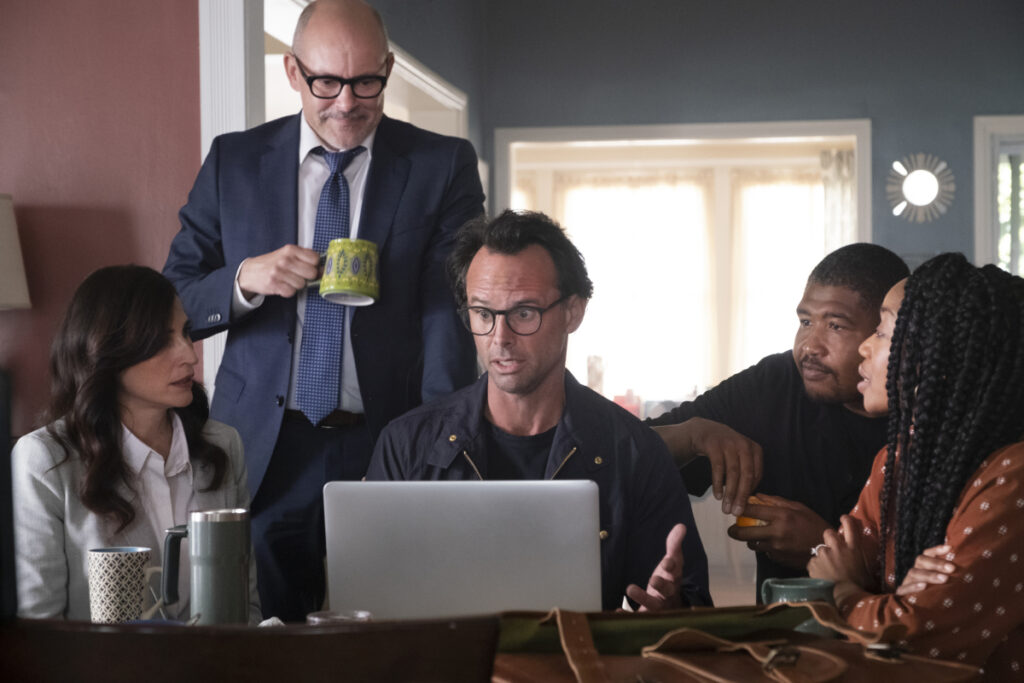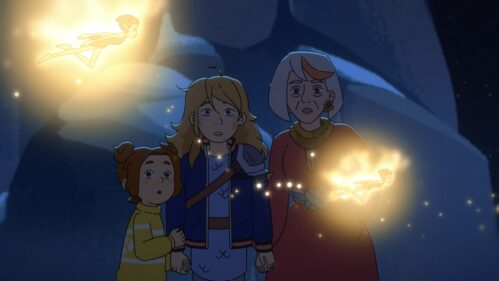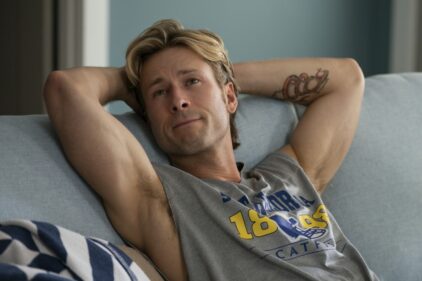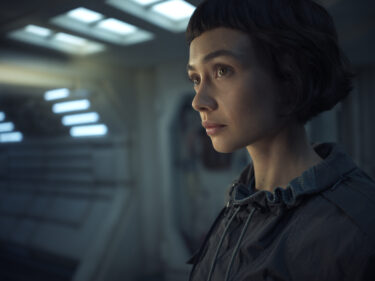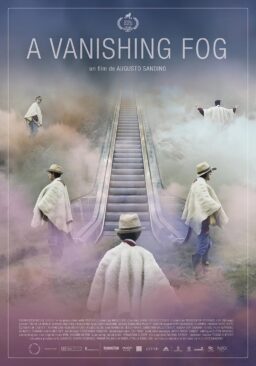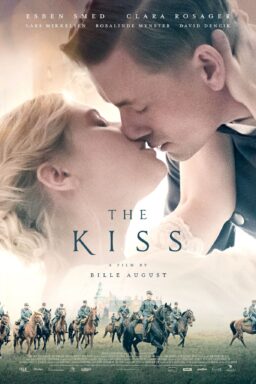For a CBS sitcom, “The Unicorn” is surprisingly, well, surprising. First of all, there’s that title, defined here by a character as “that elusive creature that all single women are looking for,” a widower and devoted father who, because he’s only had sex with one person for the last 20 years, is “factory fresh.” Denizens of the internet, or of a certain lifestyle, may be familiar with an alternate meaning for that term. (Just go to Urban Dictionary, I’ll wait. It’s not the first one.) Then there’s the format of the show itself—a fast-moving, single-cam sitcom, something of a rarity for the network that brought you 54 seasons of “The Big Bang Theory.” There’s the surprisingly stacked cast (Rob Cordry, Omar Benson Miller, Maya Lynne Robinson, and Michaela Watkins) and the efficient and thoughtful approach to the pilot. And then there’s the Unicorn himself, Walton Goggins, of “Justified” and “The Shield,” of “The Hateful Eight,” a delightful actor who is delightful on screen but who rarely plays people you might describe as delightful. And while it may take a few moments, or even an episode, for the cognitive dissonance to fade, the best surprise shouldn’t actually be one. Of course, we shouldn’t be surprised that Goggins can anchor a family sitcom. He’s a great actor, that’s what great actors do.

Goggins plays Wade Felton, the father of two girls (Ruby Jay and Makenzie Moss); as the pilot begins, we learn he’s been raising them on his own for a year. The family seems to be coping, but not in anything resembling a high-functioning way, and his concerned friends make futile attempts to open his eyes to the reality of the situation. There are dogs on the counter, and dinners are selected from the slowly dwindling stash of casseroles stashed in the freezer by friends and neighbors after the death of Wade’s wife. The last is a reviled chicken parmigiana, and it’s that last ready-to-thaw meal that finally stops Wade in his tracks and forces him to see that it’s time to move on to the next phase, to stop coping and start participating in life. And that, his friends have all decided, means dating.
Creators Bill Martin and Mike Schiff, who also write the pilot, handle all that story in five minutes and change. It’s a smart choice, maybe the only choice, because while there are moments of melancholy and the odd saccharine note, the pair bypass almost anything that comes with the kind of pain that stings. We meet Wade well into the grieving process. We meet his kids well after the shock has passed. And while the series doesn’t exactly confine the unseen Jill to the dead-mom dust heap, never to be heard or thought of again—a very large heap, as TV is just overflowing with dead moms—she’s also not a looming presence. This isn’t really a sitcom about grief or recovering from loss. It’s about building a life, even when the loss lingers.
So there are no maudlin notes, no flashbacks of a beaming beauty drenched in sunlight or a starkly lit hospital room. There’s just Wade, taking a chisel to the iced mountain of casseroles in his freezer, then filling out a dating profile and asking what color his eyes might be. It’s a choice that the pilot’s director, John Hamburg, handles with brisk efficiency (and some very cheery music), using tight, rhythmic montage to get us to the moment Wade picks himself up in a hurry. That’s not to say there’s not any sort of emotional honesty. But the tone is light, and the storytelling far from manipulative. Another series would take a full episode, maybe a clock of episodes, to get us the point “The Unicorn” gets to in those first five minutes. It is, with the possible exception of the casting, the single smartest decision that Martin and Schiff make.
About the casting: though a few early scenes don’t gel perfectly, Goggins is mostly very good in the pilot and note perfect after that. That’s particularly true of the third episode of the series, “Widow’s Group,” in which Wade’s surprising anger drives his friends to pretty much order him to attend a support group comprised entirely of women who have lost their husbands. (I know that sounds sad, but that’s just not this show. Plus, Betsy Brandt is there!) His daughters are equally well-cast, and while Goggins is the main attraction, the quartet of actors who play his hyper-involved friends are no less essential to the show’s success. Miller and Cordry play well off each other, with Miller getting off the most charming line of the pilot, in response to Wade’s amazement about the enthusiastic response to his dating profile (it involved the word “cuddler”). Robinson’s buoyant energy brings an immediacy to scenes that might otherwise fall flat; it’s she who’s saddled with the unfortunate task of defining “unicorn,” and she handles it expertly and with great humor and style.
And then there’s Michaela Watkins. I would watch Michaela Watkins wash her dishes, so it’s no surprise that she’s engaging here. But in the three episodes provided for review, it’s her character, Delia, who gets the most shading (other than Wade and his kids), and she’s unsurprisingly excellent. Like Goggins, she’s at her best in “Widow’s Group,” and like both her co-star and the show’s writers, she manages to make Delia’s emotional reality a factor but not the focus. It’s a great sitcom performance from a great actor—though again, that whole foursome is invaluable to this show.
For a story in which death is, frankly, an inescapable presence, “The Unicorn” is surprisingly light viewing. Maybe that won’t always be an asset. We are living, after all, in the time of “One Day At A Time” and “Schitt’s Creek,” just two of several current sitcoms as likely to make you cry as any drama on TV. But at this point, the biggest surprise “The Unicorn” offers is its ability to make the reality of grief both real and beside the point. The point isn’t death. The point is life. (And sure, the point is also Walton Goggins.)
Three episodes screened for review.

